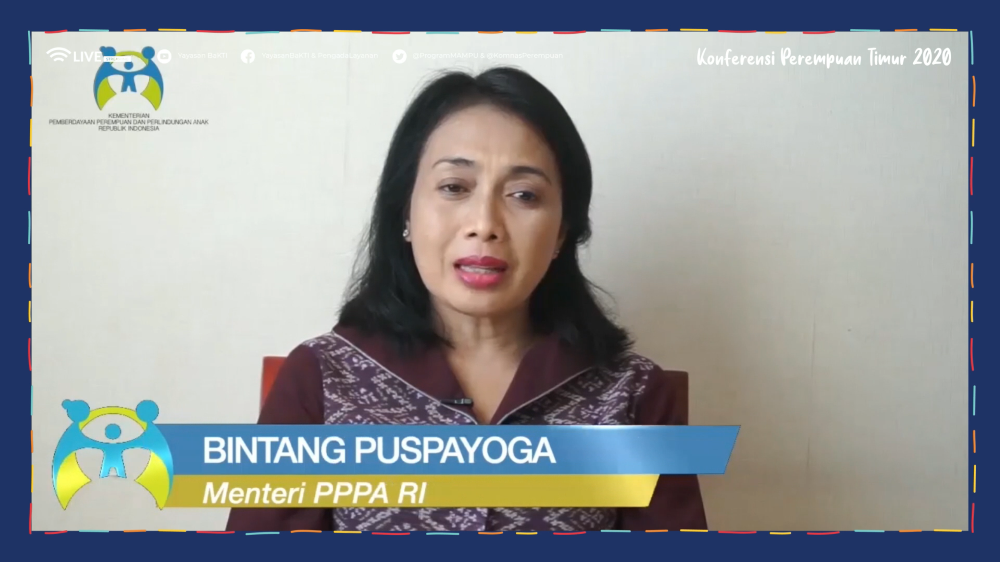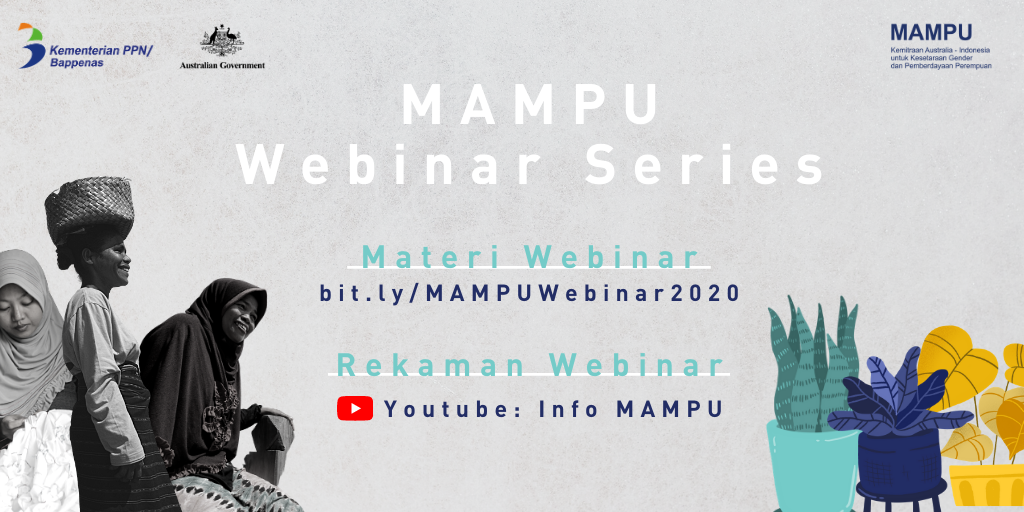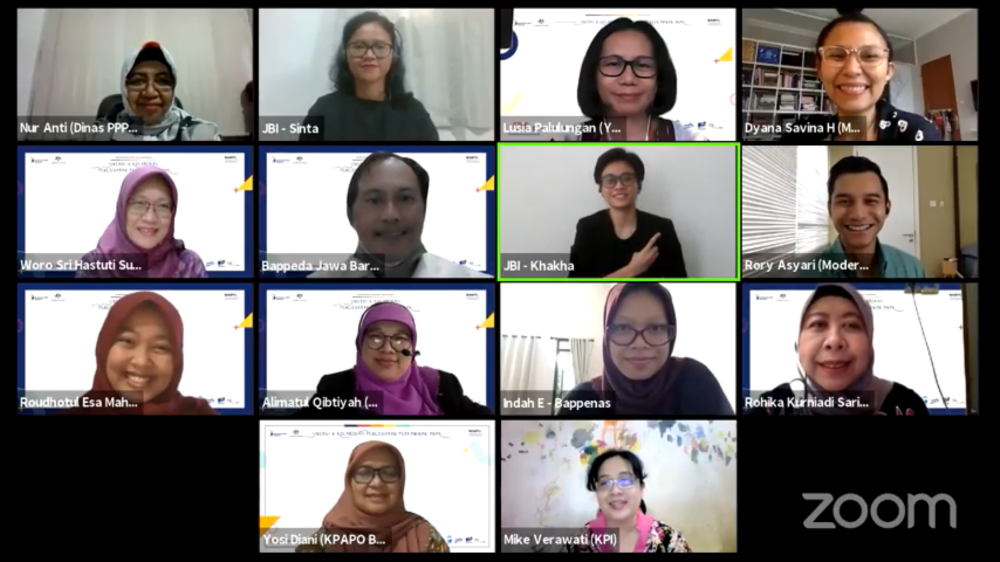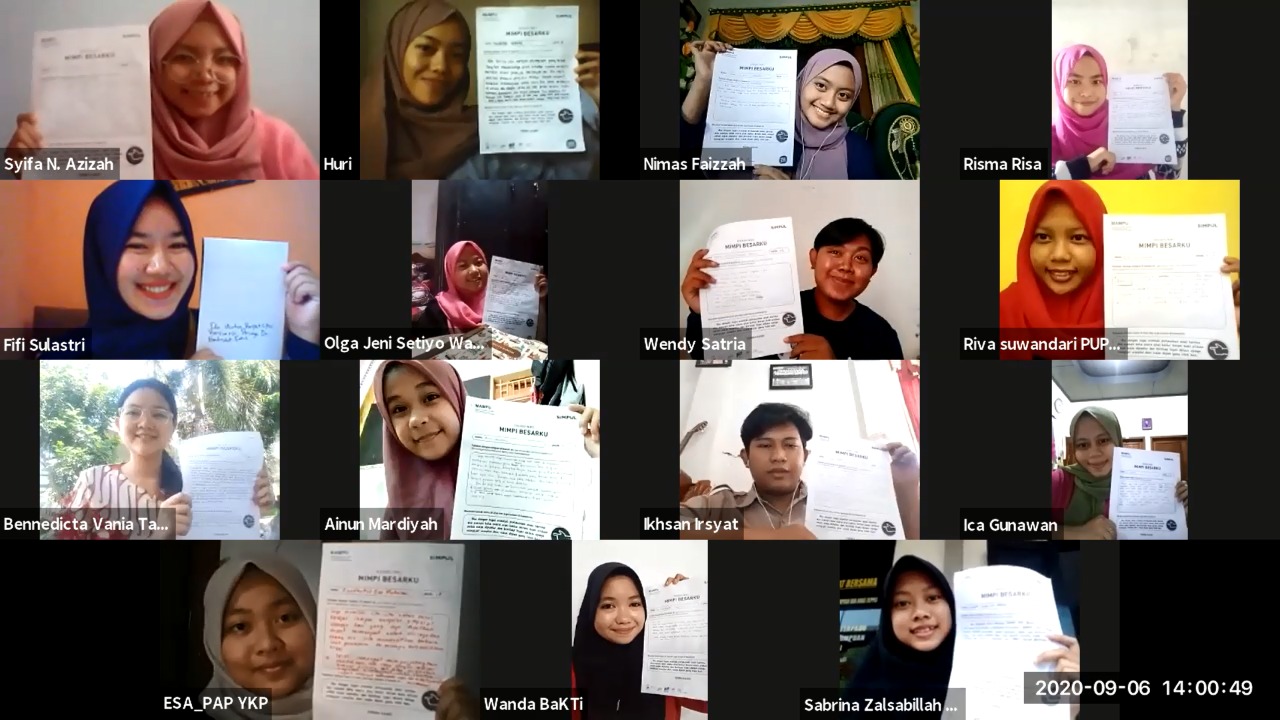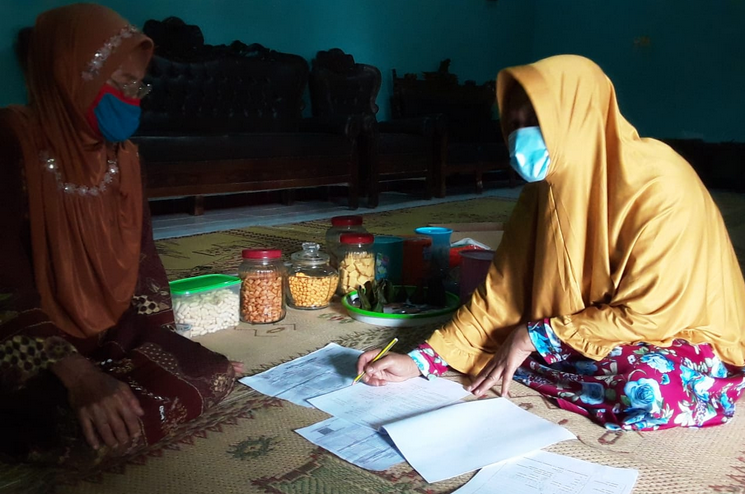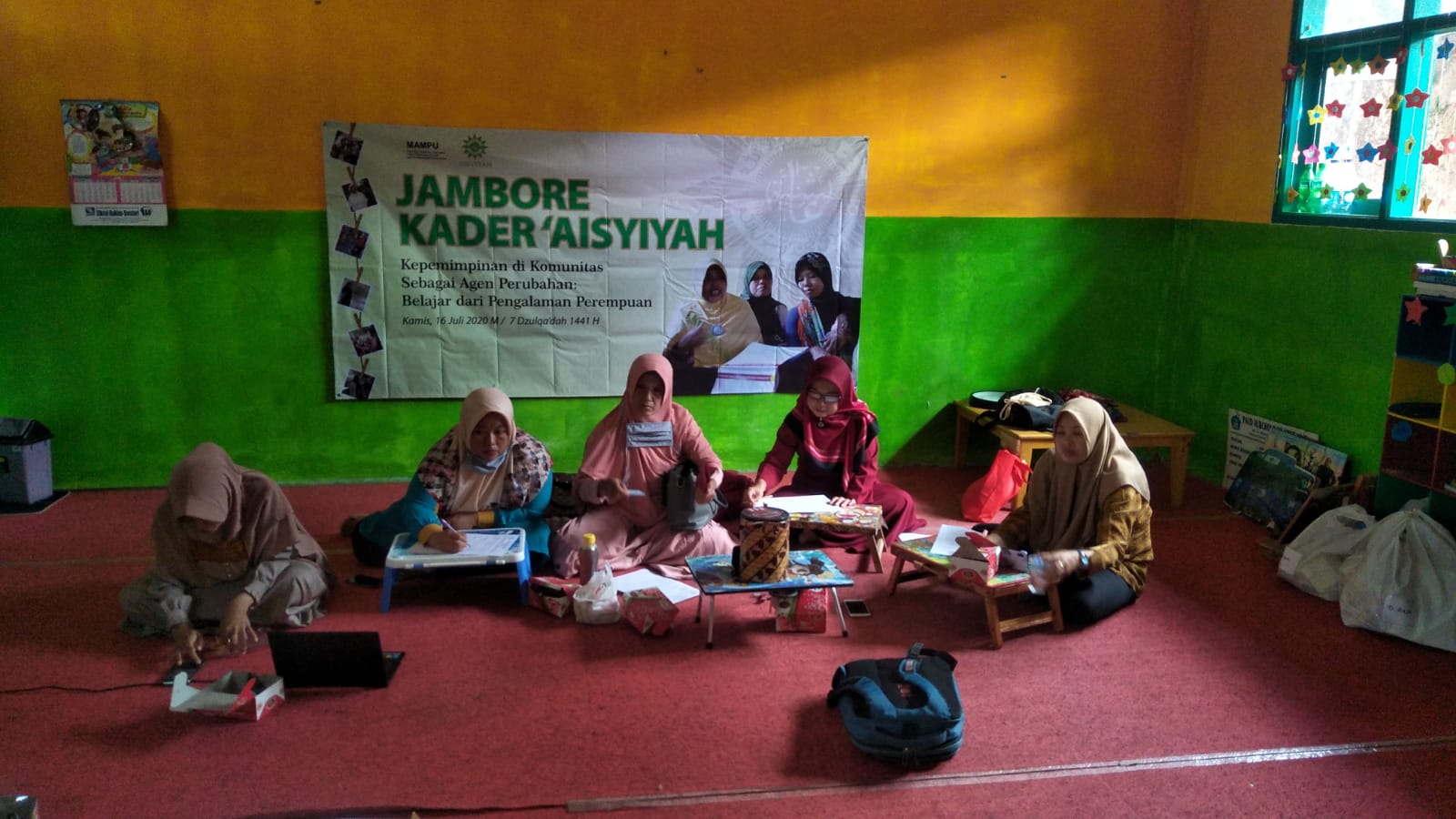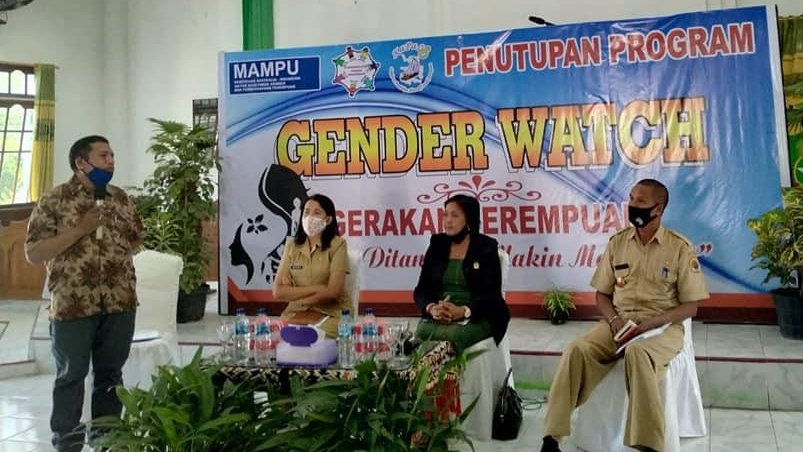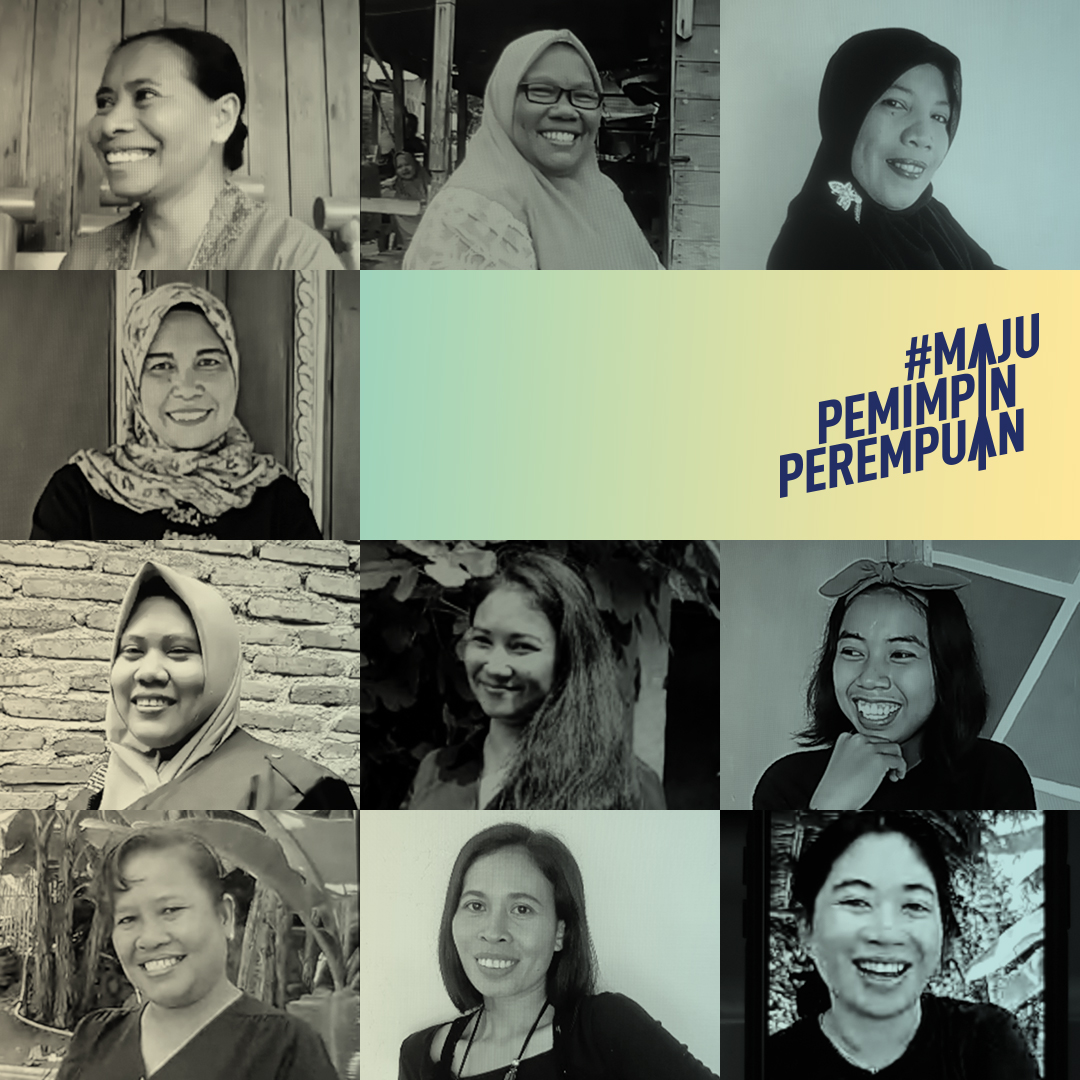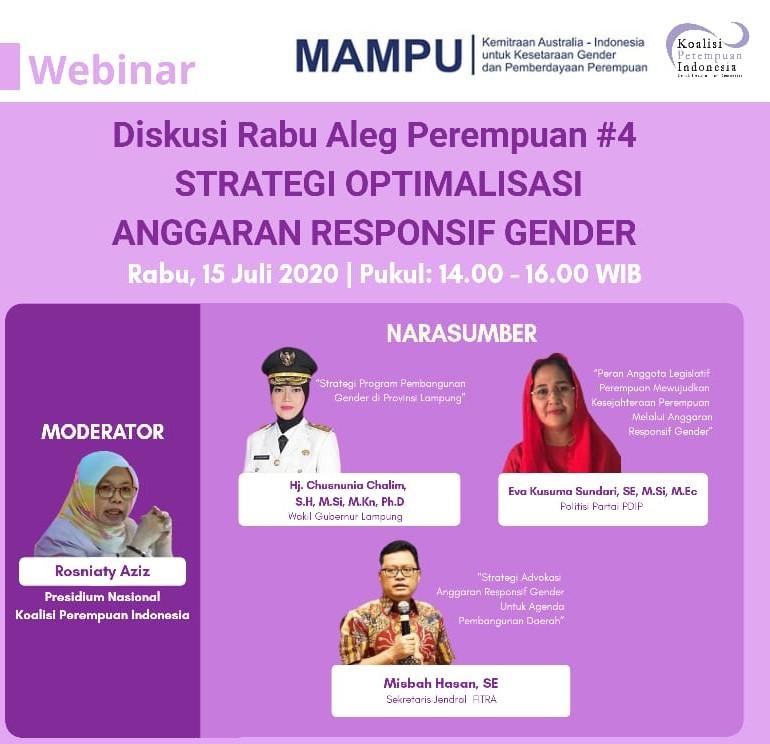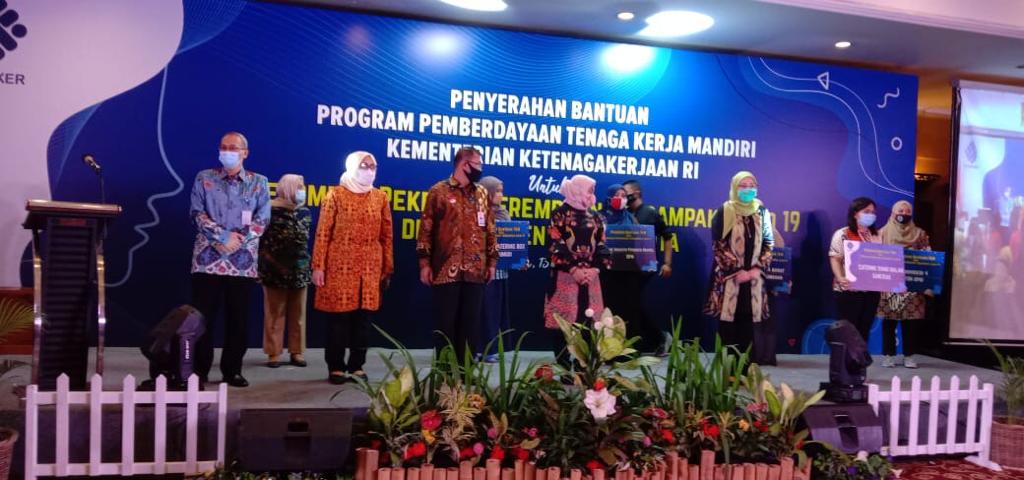Event

Empowering Migrant Workers in Jember, East Java, through digital literacy in the village
18 December 2018Author: admin
There are many migrant worker empowerment initiatives occurring at the village level. In Dukuhdempok Village, Jember Regency, East Java, one of the ways to do so is through a digital literacy program called Desa Melek Digital (Digitally Literate Village).
With the Village Government and the Villages that Care about Migrant Workers (Desbumi)-Integrated Service Centre working together, migrant workers have begun to give Dukuhdempok a new name.
“The village government always involves the Desbumi Integrated Service Centre (PPT Desbumi) in the various village programs, from the planning phase through to the program implementation phase; this is also true for the Digitally Literate Village program,” explained the Village Head of Dukuhdempok, Miftahul Munir, during a meeting with Desbumi Summit participants.
As a result of this program, the Dukuhdempok Village website has incorporated a Desbumi Complaints and Services Portal. Through this portal, website visitors can access information about the Desbumi program, forms to register as migrant workers, and a complaints service. The residents of Dukuhdempok can also access civil administration services and information about village programs through the portal.
Miftahul hopes that with the Digitally Literate Village program, PPT Desbumi can be speedily integrated into these online systems so that it can provide even more comprehensive services to the community.
There are also other migrant worker empowerment programs operating in Jember. Through the Desbumi Thematic University Community Service Program (KKN), a product of collaboration between Jember University and the Desbumi program, the village government is able to encourage former migrant workers to share their experiences and knowledge with students.

A former migrant worker from Dukuhdempok Village is providing information about safe migration at the Desbumi PPT session at the Village Office.
Miftahul explained that there is a persistent, negative perception in the community about women having ‘too much spare time’. These kinds of perceptions mean that women are thought of poorly when they get together and mean that women are often absent at community meetings and activities because their husbands do not permit them to take part. This is unfortunate as the community activities that these women take part in can have significant, positive contributions for the residents of the village.
“The former migrant workers are keen to help the village community to better understand safe migration processes; this is something that cannot be done by the village government without their help,” explained Miftahul, talking about the women’s positive contribution to the community. **




